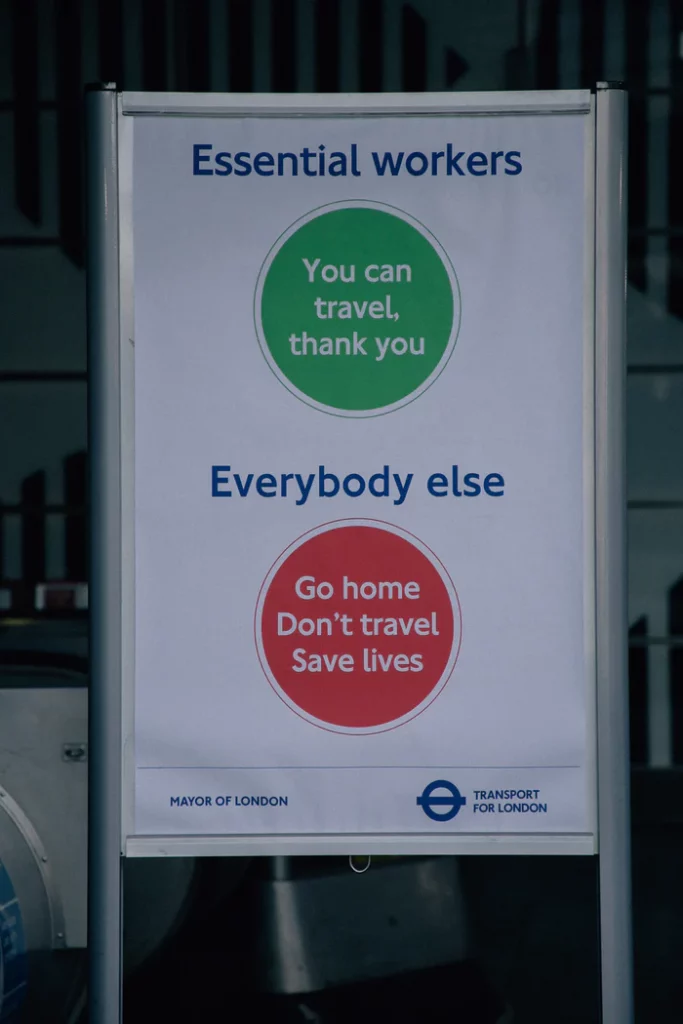Grab recently went public in the US as part of the largest SPAC, or Special Purpose Acquisition Company, deal in history. Beyond the fanfare of having a Southeast Asian company represented on the global stage like this, it is worth remembering that Grab is powered by 700,000 drivers across the region.
The reliance on superapps like Grab — and therefore the number of drivers needed for the platform to operate — rose over the course of the pandemic. This is despite the fact that almost all countries resorted to “stay-at-home” orders to halt their Covid-19 outbreaks, with the goal of cutting off transmission in communities and avoiding overburdening healthcare systems.
Though the extent of the controls differed between countries and cities, ranging from the strict controls seen in China and New Zealand to the looser controls seen in parts of the US or Europe, the intention was the same: close workplaces and schools, limit all public gatherings and stay indoors as much as possible.
But not everyone got to stay at home — just ask those Grab drivers. The pandemic introduced the term “essential worker” to our lexicon: a broad scope of employment that not only included healthcare workers and indispensable public services, but also delivery people, janitors and grocery store workers who were told to brave unsafe conditions to keep the rest of us safe.
One can see the inequality that grows out of this. A public health emergency was considered dire enough that almost everybody was told to stay at home as much as possible for their own and others’ safety. Yet, to sustain all these people living at home, certain workers would have to venture outside into this dangerous environment.
And at least we can see the cashier or the janitor doing their jobs. Other workers deemed essential — such as the farm labourer or the factory worker packaging food — are “out of sight, out of mind”. The pandemic has hit migrant and minority communities the hardest, and one need look no further than the impacts from the first waves of the virus: Singapore thought it had the virus under control until it was revealed that it was running rampant through its migrant worker dormitories, which led to an outbreak that triggered Singapore’s lockdown a few days later. In Malaysia, during the onset of the pandemic, “essential workers” were shown to be the greatest contributor to the country’s Covid-19 cases. To be more specific, 1,511 of the 2,188 positive cases registered nationally on Nov 25, 2020, were labourers employed by Top Glove. Additionally, a 2021 ISEAS report identified that migrant workers across Southeast Asia were scapegoated for this very reason — being held to blame for Covid-19 spreading in their countries.



























